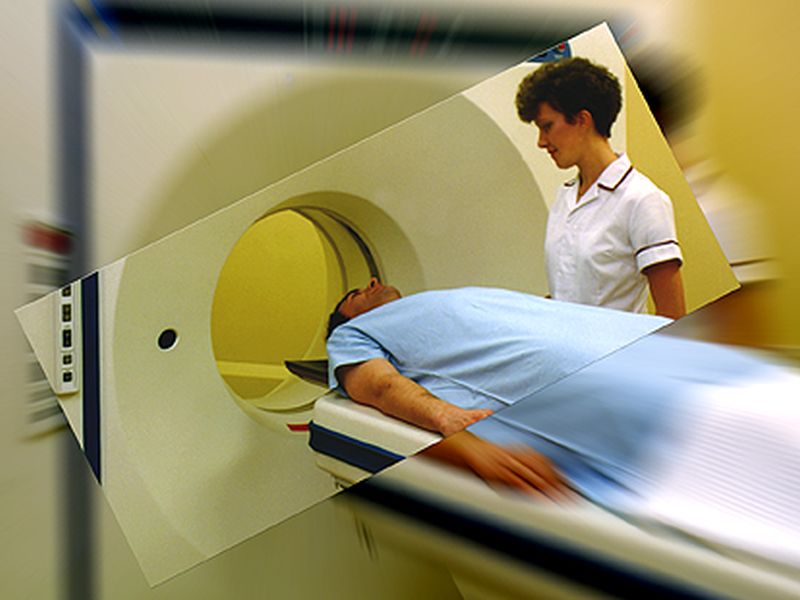Prolonged Brain Connections Seen in Adults With Autism

THURSDAY, Nov. 29, 2018 (HealthDay News) -- Connections between different areas of the brain are sustained longer than usual in people with autism, perhaps explaining some of their symptoms, a new study suggests.
It's possible these prolonged connections make it difficult for the brain to switch from one activity to another, the researchers said.
"People with autism do not like unexpected stimuli, and it may be because [their] brains are not as efficient at rapidly shifting between ideas or thoughts," said senior author Dr. Jeff Anderson, a radiology professor at University of Utah Health.
The researchers used a new type of MRI scan to determine how long connectivity lasts between more than 300 areas of the brain. The study included hundreds of participants, either with autism or without the disorder.
The autism group had prolonged connectivity (up to 20 seconds) between brain areas, while those links faded much more quickly in people without autism, the findings showed.
The researchers also found that the autism symptoms increased with the duration of connectivity between brain regions.
"This is a whole new perspective into how autism works in the brain, and can help us develop strategies for treatment and finding medications that might be more effective to ease the symptoms of the disorder," Anderson said in a university news release.
One in every 59 children in the United States has an autism spectrum disorder, according to the U.S. Centers for Disease Control and Prevention. They typically have difficulty with communication, repetitive behaviors and socializing. Symptoms may range from mild to severe.
According to study first author Jace King, the findings provide researchers "with new tools to figure out the mechanisms that may underlie autism." King is a postdoctoral research associate in the university's Brain Network Lab.
But Anderson said the team first needs to validate the results from this analysis in other groups of people.
The study was published online recently in JAMA Network Open.
More information
The U.S. Centers for Disease Control and Prevention has more on autism.

The news stories provided in Health News and our Health-E News Newsletter are a service of the nationally syndicated HealthDay® news and information company. Stories refer to national trends and breaking health news, and are not necessarily indicative of or always supported by our facility and providers. This information is provided for informational and educational purposes only, and is not intended to be a substitute for medical advice, diagnosis, or treatment.

